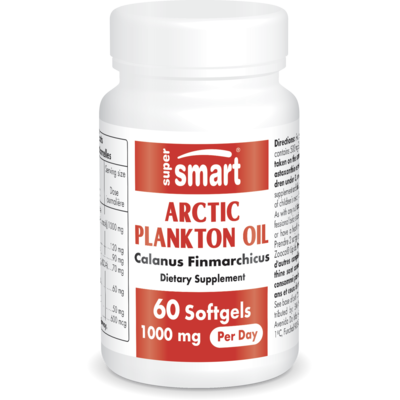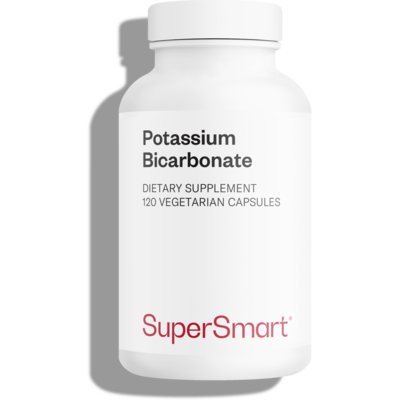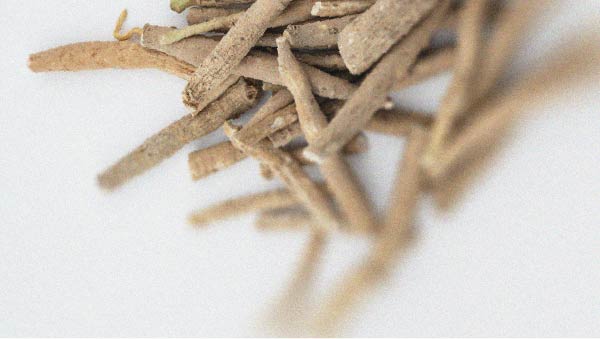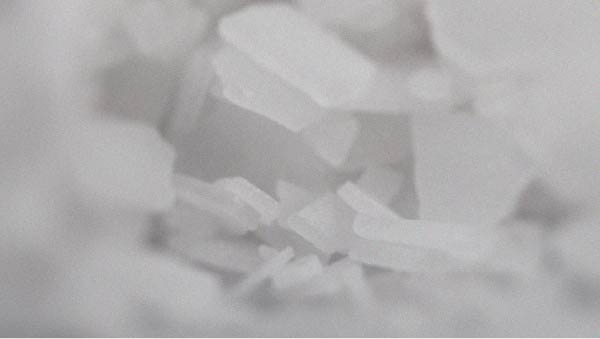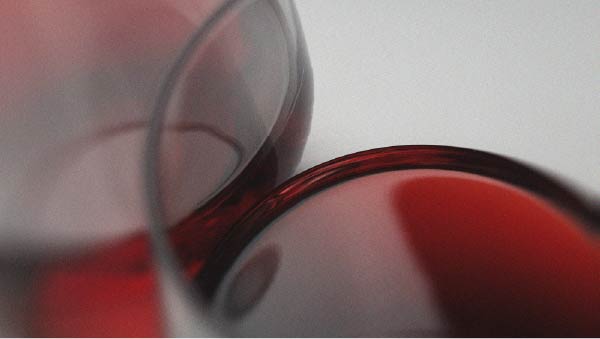How to alleviate a hypertensive crisis
According to the UN, the number of adults suffering from hypertension has nearly doubled over the last 30 years – and almost half are unaware they are hypertensive. Read on for our advice on effective ways of lowering your blood pressure.
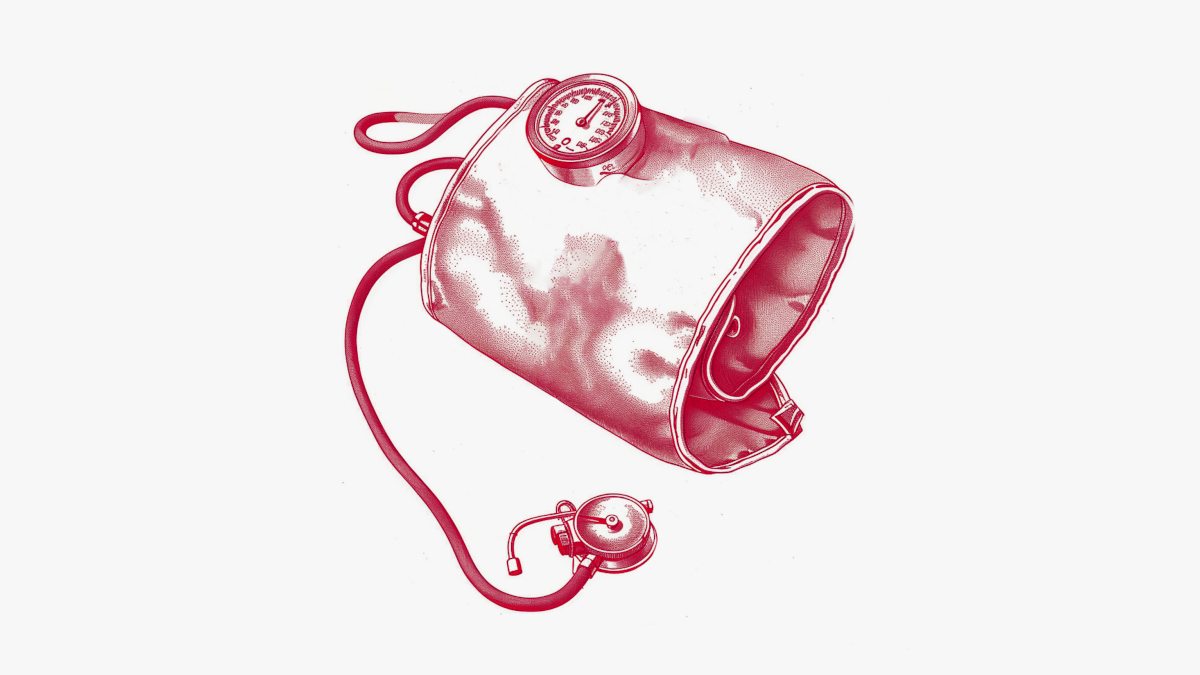
What is hypertension?
Let’s first remember that the heart works as a pump, distributing blood to various organs in the body. It does this by creating pressure which is measured in the arteries: this is blood pressure.
It is expressed in two ways:
- systolic pressure: this is the higher figure and corresponds to the pressure when the heart contracts and pumps out blood into the arteries.
- diastolic pressure: this is the lower figure and corresponds to the pressure when the heart relaxes and rests between heart beats.
Normal blood pressure is considered to be 120/80 mm of mercury (mmHg). According to WHO criteria, hypertension is defined as blood pressure of 16/9,5 140/90 or higher (1-2).
It’s worth noting that blood pressure varies depending on circumstance and that there’s a natural tendency for it to rise from the age of 70.
What causes hypertension?
If you suffer from hypertension, you’re no doubt wondering what has caused your sudden rise in blood pressure.
In general, hypertension is multi-causal, but there are certain risk factors that can promote it, such as heredity, lifestyle, physical inactivity, and diet.
Hypertension may sometimes be due to medical factors or certain drugs (forgetfulness, interactions, side effects). That’s why it’s important to consult a health professional to help identify the cause of your hypertension.
What are the signs of a hypertensive crisis?
A hypertensive crisis is a sudden, severe rise in blood pressure. So what are the symptoms of this surge in pressure ?
The warning signs of a surge in blood pressure include (3-4):
- blurred vision and ‘floaters’ in the eyes;
- abnormal shortness of breath after exertion;
- unresponsiveness to stimulation;
- pains in the chest during exertion;
- frequent need to urinate during the night;
- severe morning headaches;
- nausea and vomiting;
- ringing in the ears;
- confusion and nervousness;
- chest pain ;
- nose bleeds ;
- anxiety.
It’s important to note that in general, hypertensive crises do not produce any specific symptoms.
What immediate action should you take for a hypertensive crisis?
Want to know how you can lower your blood pressure in just 5 minutes? If you experience a hypertensive crisis, it’s essential to act fast to ease your symptoms and prevent any complications. Here are some simple measures that will help you lower your blood pressure quickly and naturally.
Rest to reduce your hypertension
Relax! When the body is in a perfectly relaxed state, the nervous system slows down. The heart and respiratory rates fall, which also reduces blood pressure (5).
Find a quiet place to lie or sit down comfortably. It’s important to take time to relax, making sure you avoid stressful situations and intense physical activity.
Use relaxation and meditation techniques
Meditation and mindfulness are practices that allow you to focus on the present, and calm the mind. Research has shown that blood pressure falls during periods of relaxation and that blood vessels widen (6).
The ancient practice of yoga combines relaxing poses, meditation and controlled breathing. Recommended by some health professionals, it has been studied for its beneficial effect on blood pressure control (7).
Which medical treatments are available for hypertension?
While there is no cure for high blood pressure, there are antihypertensive drugs that can help prevent and ease hypertensive crises. You should obviously consult a health professional to see if they are appropriate for you.
Such medication may target the hormones, the artery walls or the body’s fluid and sodium balance. As they each have a different mode of action, they may be combined for greater effect.
There are several categories of antihypertensive drugs (8) :
- thiazide diuretics: these act on the kidneys and help eliminate salt;
- beta-blockers : these slow the heart rate and reduce the pressure exerted by blood on artery walls;
- calcium channel blockers : these help the blood vessels to relax;
- ACE inhibitors and angiotensin receptor blockers (ARBs), also known as angiotensin II receptor antagonists: these act on the hormones renin and angiotensin which regulate blood pressure, by reducing blood vessel contraction.
The treatment prescribed by the doctor will vary depending on the particular case. The aim is to achieve normal blood pressure. over time. To be effective, it requires continual, lifelong monitoring.
What natural solutions are there for hypertensive crises?
To avoid taking drugs, you need to know how to lower your blood pressure naturally. Here are some tips that, while not able to produce an immediate decrease in blood pressure, are effective at reducing crises over the long term. This is the case for traditional home remedies and certain diet and lifestyle measures.
Potassium and its benefits
Our diets tend to be too low in potassium, yet this mineral helps to maintain normal blood pressure (9-10) by providing a counterbalance to the effects of sodium and promoting the relaxation of blood vessels.
Potassium is found in certain spices such as cumin seeds and ground ginger, in tomato puree and at higher concentrations in potassium supplements (such as Potassium bicarbonate).
Avoid overeating
All dietary excesses can promote hypertension, especially a diet that’s too high in salt. Eating too much salt leads to water retention, which in turn causes an elevation in blood pressure (11).
Avoid adding salt to your food and watch out for processed foods high in salt such as bread, cured meats, certain cheeses and canned products. You should also avoid eating too much fat and sugar. To keep your blood pressure low, include more fruit and vegetables in your diet, and lastly, reduce your intake of alcohol.
Consuming omega-3
The omega-3 fatty acids EPA and DHA play a role in maintaining normal blood pressure by helping to reduce blood vessel inflammation and supporting vascular function.
So, which foods should you eat? Fish such as mackerel, kippers and sardines. To increase your intake more substantially, opt for a good quality fish oil (such as Arctic Plankton Oil).
How to use garlic to lower your blood pressure
Garlic contains allicin, an active compound which gives garlic blood pressure-lowering properties. It has been used since ancient times as a natural remedy for high blood pressure.
According to scientists, garlic’s anti-inflammatory and antioxidant properties mean it can lower systolic and diastolic blood pressure by up to 11.2mm Hg (12). It’s no surprise then, to find it features among traditional home remedies for hypertension!
Add fresh or powdered garlic to your cooking or benefit from the properties of black garlic (see the supplement Organic ABG10+®).
SuperSmart ADVICE
References
- Plus de 700 millions de personnes souffrent d’hypertension non traitée (OMS) – ONU Info : https://news.un.org/fr/story/2021/08/1102342
- Hypertension : comment l’éviter, comment vivre avec ? – CHU de Besançon : https://www.chu-besancon.fr/?id=417
- Hypertensive crisis: What are the symptoms? - Francisco Lopez-Jimenez, M.D. - Mayo Clinic : https://www.mayoclinic.org/diseases-conditions/high-blood-pressure/expert-answers/hypertensive-crisis/faq-20058491
- High Blood Pressure and Hypertensive Crisis - https://www.webmd.com/hypertension-high-blood-pressure/hypertensive-crisis
- Health and Balance: What Happens to Your Body When You Relax – Avail Hospital : https://www.availhospitals.com/health-and-balance-what-happens-to-your-body-when-you-relax/
- Meditation and a relaxation technique to lower blood pressure – Harvard Health Publishing : https://www.health.harvard.edu/heart-health/meditation-and-a-relaxation-technique-to-lower-blood-pressure
- Effectiveness of Yoga for Hypertension: Systematic Review and Meta-Analysis - Marshall Hagins, Rebecca States, Terry Selfe et Kim Innes : https://www.ncbi.nlm.nih.gov/pmc/articles/PMC3679769/
- Hypertension artérielle : quel traitement ? – Ameli : https://www.ameli.fr/assure/sante/themes/hypertension-arterielle-hta/traitement
- Oral potassium supplementation for management of essential hypertension: A meta-analysis of randomized controlled trials. - Poorolajal J, Zeraati F, Soltanian AR, Sheikh V, Hooshmand E, Maleki A. PLoS One. 2017;12(4):e0174967. Published 2017 Apr 18. doi:10.1371/journal.pone.0174967
- Filipovic MG, Aeschbacher S, Reiner MF, et al. Whole blood omega-3 fatty acid concentrations are inversely associated with blood pressure in young, healthy adults. J Hypertens. 2018;36(7):1548-1554. doi:10.1097/HJH.0000000000001728
- Une alimentation adaptée en cas d’hypertension artérielle – Ameli : https://www.ameli.fr/assure/sante/themes/hypertension-arterielle-hta/alimentation-et-hta
- Does Garlic Cause or Treat High Blood Pressure ? – Medically reviewed by Jillian Kubala, MS, RD, Nutrition – By Alina Petre, MS, RD (NL) on December 8, 2020 : https://www.healthline.com/nutrition/garlic-for-blood-pressure#_noHeaderPrefixedContent
Keywords
1 Days
First bottle has been finished
First bottle has been finished. 2 bottles remaining for 3 month time frame trial as recommended
CORCORAN Pamela
6 Days
repeat customer
recommended by my doctor. easy to create an account. Discounts and specials are appreciated. packaging and delivery is dependable. Capsules easy to digest. I've had some some capsules and tablets that are broken inside their bottles.
Kokee
10 Days
Order was shipped on time and packaged…Wonderful Jobs!
Order was shipped on time and packaged excellently.
DMHoge
17 Days
great products and prices
great products and prices
Marie
22 Days
Easy to navigate site
Easy to navigate site, had what I was searching for, good price. easy order-check out
James Tucker
29 Days
My skin is clearing up nicely!
Pretty good for my skin so far.
Christian
31 Days
The new packaging is excellent
The new packaging is excellent - finally! No more squashed boxes and torn envelopes.
GORAN
32 Days
Great Product
Great Product
Larry Garrett
36 Days
Quick shipping
Quick shipping; good price. No issues!
Mary McCarty
37 Days
Thr product is very good and is helping…
Thr product is very good and is helping me on my health. Then is always on time
LUGO Luz
40 Days
Buying was fine
Buying was fine. I had problems with the website not recognizing my login info, and had to call to get it fixed. Other than that, everything was good.
David S. Clark
40 Days
Your super maca and super ginseng are…phenomenal
Your super maca and super ginseng are phenomenal supplements that compliment each other when taking them together. Fantastic feeling of well-being and lots of mid day energy without the crash.
Keith Mason
43 Days
I have had amazing results with every…
I have had amazing results with every supplement I've purchased. I am extremely satisfied with this company
kirstin Torres
43 Days
Fine products
Fine products . They are on the leading edge of online supplements. The only issue -so far-is they sometime run out of subscription items.
Jason Argos
46 Days
The ordering process is very user…
The ordering process is very user friendly and the products always come in a timely manner.
CARTER Rhonda


